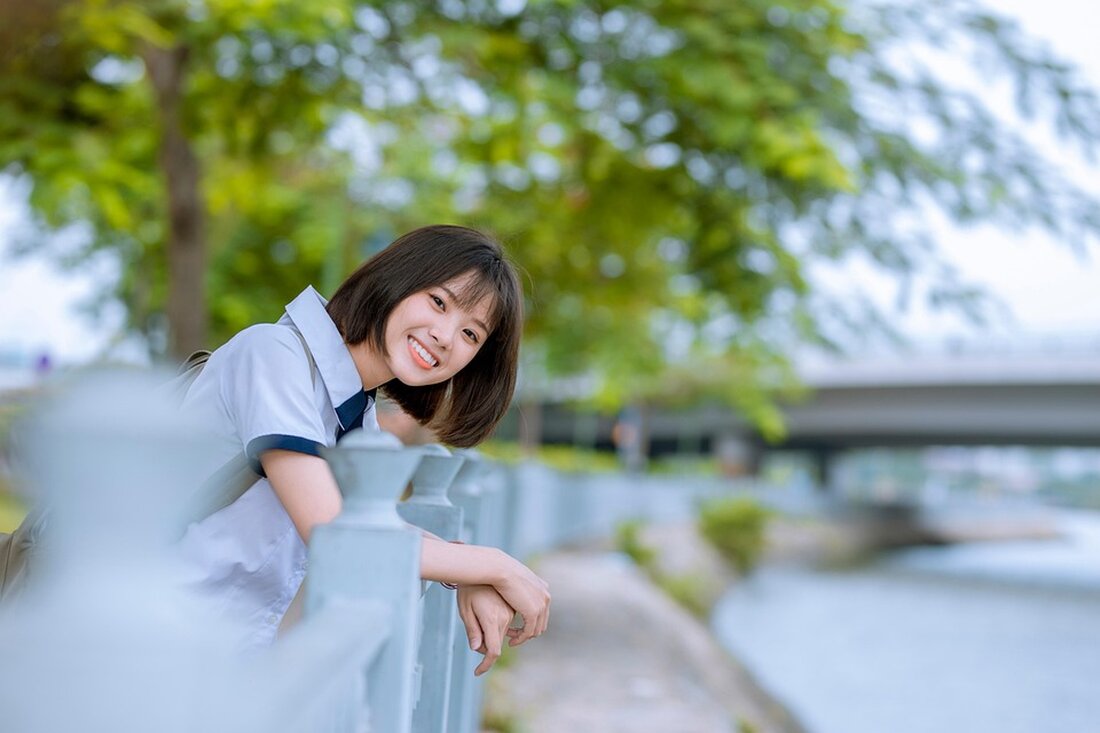Tornesch students develop space food for future astronauts!
Students from Tornesch are researching future nutrition in space at the German finals of the World Robot Olympiad in Dortmund.

Tornesch students develop space food for future astronauts!
At this year's World Robot Olympiad in Dortmund, students from Tornesch, Pinneberg district, will present their innovative research on food supply during interplanetary travel. The team, consisting of Lennart Ruhe (16 years old), Louis Ruhe (18 years old) and Fernando Carpio (17 years old), has developed a model of a space capsule. This capsule is intended to be docked to a spacecraft and enables the production of macroalgae to ensure self-sufficient food supplies during flight. The goal of their project is to create artificial gravity to make the algae grow successfully. The results of their research are presented to a jury of experts selected from over 1,000 participating teams in Germany. Last year the team from Tornesch made it to the world finals, which makes their current success seem even more impressive.
The German final of the World Robot Olympiad takes place today at 4:30 p.m. The students were well prepared with their concept and hope to qualify accordingly to take part in the European competition. Their work is not only a technical challenge, but also a step towards researching sustainable food for astronauts on long-duration missions.
Nutritional innovations for astronauts
In parallel to the developments in Tornesch, the food supply for astronauts is also constantly being improved. Researchers have created a vegan salad made with soybeans, poppy seeds, barley, kale, peanuts, sweet potatoes and sunflower seeds. This combination aims to ensure an optimal balance between nutrient supply and agricultural effort. However, salad does not cover all the important micronutrients, which is why nutritional supplements are recommended to optimize nutrition in space. One tester has already expressed enthusiasm for this dish and imagines consuming it as an astronaut.
A research team also plans to expand the plant diversity in their database to develop a computer model that can calculate the perfect diet for future female astronauts. The first woman is expected to fly to the moon later this year, underscoring the urgency of this research.

 Suche
Suche
 Mein Konto
Mein Konto